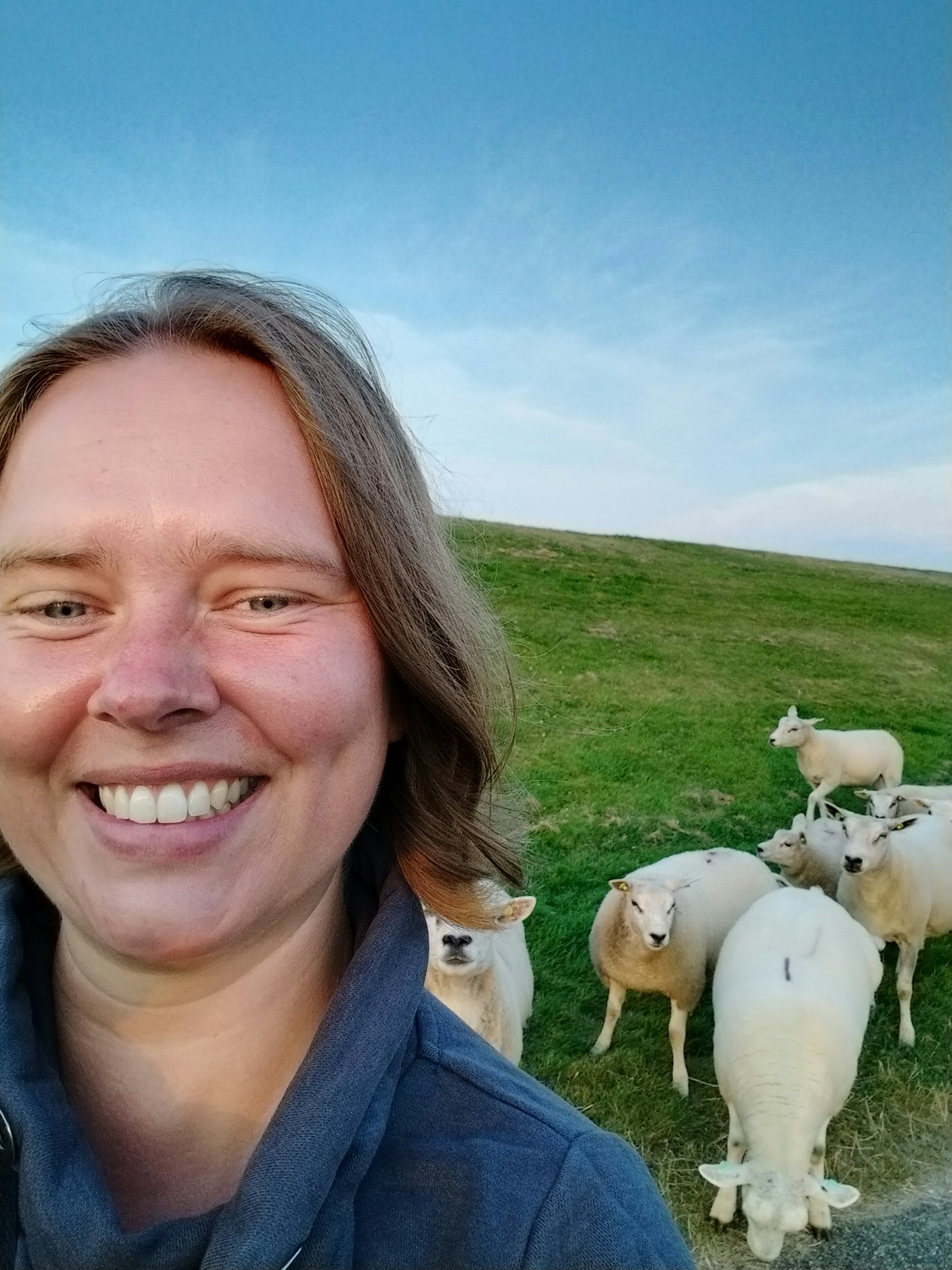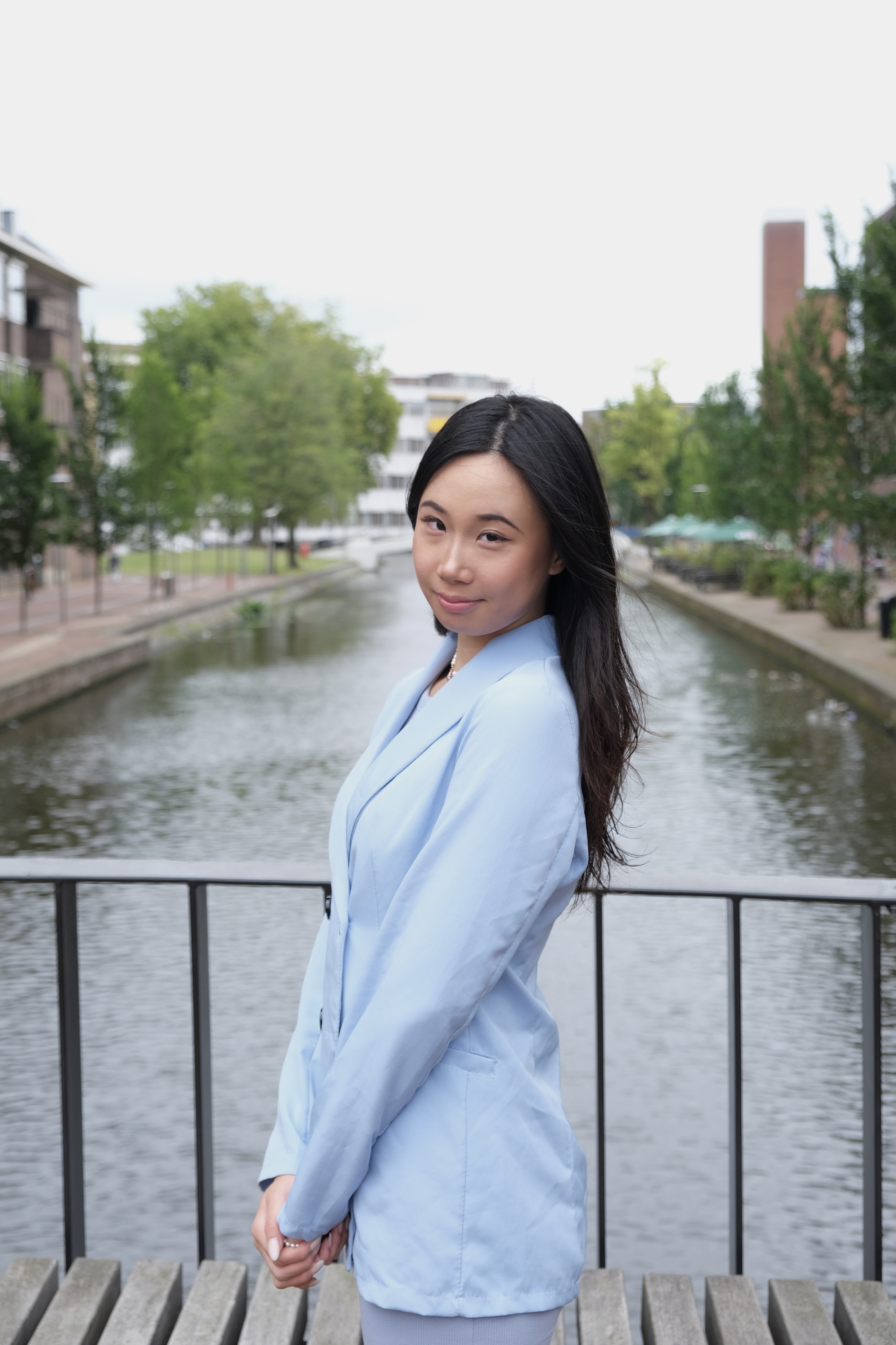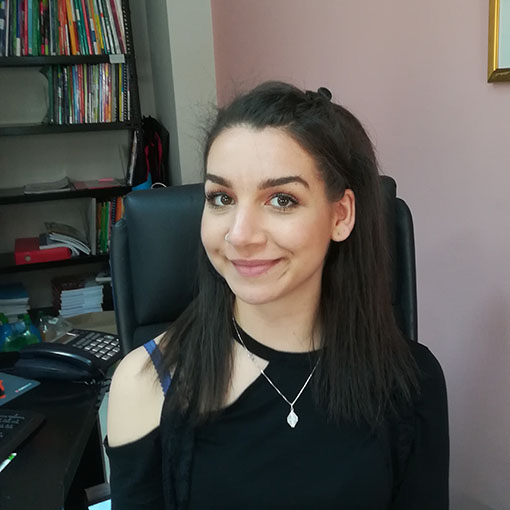
Every field of study raises a number of philosophical questions: about its foundations and methodology, its ethical and political implications, its connection with other disciplines, and its history.
Thinking about these questions gives you a deeper insight in your discipline, be it physics, medicine, psychology, economics, history, or any other field of study. This unique programme of 60 ECTS gives you an additional master's degree in the philosophy of your field.
This master offers courses in the philosophy and history of science, skills courses to improve your writing, and tutorials in which you work with experts on the philosophy of your discipline. You will learn to participate in discussions and write texts that bridge the gap between the scientific context and philosophical or public discourses. The master thesis will focus on a topic of your choice in the field of philosophy of your specific discipline.
The programme will provide you with philosophical research and writing skills that will enhance both your competence in your field and your thinking in general. More information about the programme and courses see page 82 of the 2024-2025 study guide.
Register for our Philosophy Master's Day on Wednesday 20 November. Registration is possible from 1 November. The Philosophy Master's Day is offered as a hybrid event and is part of the University of Groningen Master's Week.
The Faculty of Philosophy is a home to internationally renowned researchers working at the very forefront of the philosophy and history of science. Staff members have hands-on experience in an exhaustive range of scientific and scholarly fields as well as a thorough knowledge of the philosophy and history of those fields of study.
On top of that, results of the National Student Assessment (NSE) show that our students are very satisfied with the contents of our programmes and that they highly value the expertise of our teaching staff. Small-scale classes and a friendly, informal setting enhance contacts between our staff and students. In reviews of the Keuzegids Universiteiten and in the Higher Education Review of Dutch University Faculties, our faculty is almost always rated number one by both students and professors year after year. It scored 3 times 'excellent' in the last assessment of philosophical research in the Netherlands.
| Semesters | ||||
|---|---|---|---|---|
| CoursesCourse Catalog > | 1a | 1b | 2a | 2b |
| Philosophical writing (5 EC) | ||||
| Philosophy of your discipline: introduction (10 EC) | ||||
| Tutorial 1 (5 EC) | ||||
| Specialization towards disciplines (10 EC) | ||||
| Semesters | ||||
|---|---|---|---|---|
| CoursesCourse Catalog > | 1a | 1b | 2a | 2b |
| History of Science (10 EC) | ||||
| Tutorial 2 (5 EC) | ||||
| Thesis (15 EC) | ||||
The programme can be studied in one year, following the master in your field of study or in some cases preceding it, or in two years, alongside the master programme in your field of study.
In the two-year variant (shown in the course scheme), you follow a general philosophy of science course in the first semester, and a course that specialises towards the history and philosophy of your discipline in the second semester, coupled to a course on writing skills. In your second year, you first follow a history of science course as well as two tutorials with experts in the philosophy of your field, and then write your master's thesis.
In the one year variant, philosophy and history of science run parallel, and the specialization course, the writing skills course, and the thesis are done in the second semester. Tutorials can be planned anytime after the first quarter.
| Specific requirements | More information |
|---|---|
| knowledge minimum |
To study this programme you need to have completed an academic bachelor programme, and be accepted for a master programme, currently study a master programme, or else have completed a master programme. |
| language test |
To confirm sufficient language proficiency, please submit your results on one of the following language tests:
This requirement does not apply if you are a native speaker and have completed your secondary education in any one of the following countries: Canada, USA, UK, Ireland, New Zealand, Australia; or if you have completed your bachelor education in any one of the following countries: Canada, USA, UK, Ireland, New Zealand, Australia. |
| other admission requirements |
To study this programme you need to have completed an academic bachelor programme, and be accepted for a master programme, currently study a master programme, or else have completed a master programme. If you have completed or are following a master programme at a university outside of the Netherlands, please contact the study advisor to check if your master's qualification is sufficient in order to apply to the programme. Please include a copy of your master’s transcript of grades with your email. If your background is sufficient, you will only need to complete the 60 ECTS philosophy part to obtain your degree. |
Please note: this programme is offered under a different name in Studielink. You are asked to select one of seven tracks (examples: Philosophy of the Natural Sciences, Philosophy of the Life Sciences, Philosophy of the Cognitive Sciences), based on your other master's programme. Please contact study advisor Janine Weeting (fil-study-advisor rug.nl) to check which track matches your programme.
Note that deadlines and entry requirements are based on your diploma and not on nationality.
| Type of student | Deadline | Start course |
|---|---|---|
| Dutch students | 01 September 2025 | 01 September 2025 |
| EU/EEA students | 01 May 2025 | 01 September 2025 |
| non-EU/EEA students | 01 May 2025 | 01 September 2025 |
| Specific requirements | More information |
|---|---|
| knowledge minimum |
To study this programme you need to have completed an academic bachelor programme, and be accepted for a master programme, currently study a master programme, or else have completed a master programme. |
| language test |
To confirm sufficient language proficiency, please submit your results on one of the following language tests:
This requirement does not apply if you are a native speaker and have completed your secondary education in any one of the following countries: Canada, USA, UK, Ireland, New Zealand, Australia; or if you have completed your bachelor education in any one of the following countries: Canada, USA, UK, Ireland, New Zealand, Australia. |
| other admission requirements |
International students can find more information on the application website: https://www.rug.nl/education/application-enrolment-tuition-fees/admission/ To study this programme you need to have completed an academic bachelor programme, and be accepted for a master programme, currently study a master programme, or else have completed a master programme. If you have completed or are following a master programme at a university outside of the Netherlands, please contact the study advisor to check if your master's qualification is sufficient in order to apply to the programme. Please include a copy of your master’s transcript of grades with your email. If your background is sufficient, you will only need to complete the 60 ECTS philosophy part to obtain your degree. |
| Exam | Minimum score |
|---|---|
| IELTS overall band | 7 |
| TOEFL internet based | 100 |
Please note that this programme has a different name in Studielink. You are asked to select one of seven tracks (examples: Philosophy of the Natural Sciences, Philosophy of the Life Sciences, Philosophy of the Cognitive Sciences), based on your other master's programme. Please contact our study advisor Janine Weeting (fil-study-advisor rug.nl) to check which track matches your programme.
Note that deadlines and entry requirements are based on your diploma and not on nationality.
| Type of student | Deadline | Start course |
|---|---|---|
| Dutch students | 01 September 2025 | 01 September 2025 |
| EU/EEA students | 01 May 2025 | 01 September 2025 |
| non-EU/EEA students | 01 May 2025 | 01 September 2025 |
| Nationality | Year | Fee | Programme form |
|---|---|---|---|
| EU/EEA | 2024-2025 | € 2530 | full-time |
| non-EU/EEA | 2024-2025 | € 18700 | full-time |
Practical information for:
There are numerous opportunities for students who can combine scientific or scholarly expertise with an ability to reflect on their disciplinary background. They are good at identifying key issues in their field, and they have learnt to analyze problems sharply and clearly. They have strong communicative skills, a critical attitude, and awareness of the fundamental starting points of scientific and scholarly research.
All of these skills are highly valuable for students who aim for a research career in their respective discipline, or indeed in the history and philosophy of their discipline. But the very same skills are of great value in education and policy making, or in any other sphere in which scientific knowledge is evaluated and put to use.
In the Faculty of Philosophy, interdisciplinarity is not a mere buzz word but a living reality. Many of the faculty members have a background in a scientific discipline, and carry out research on the intersection of these disciplines and philosophy. This includes experts in psychology, physics, history, neuroscience, economics, sociology, linguistics, AI, statistics, medicine, and political science.
In general, philosophical research in Groningen has a strong reputation, witnessing the excellent marks it has received for many years from international assessment committees. In the most recent assessment, the research done in Groningen was judged to be “excellent / world leading”. The Faculty of Philosophy prides itself in an international orientation, and in a lively intellectual exchange among the departments, and between its departments and those of other, scientific or scholarly, faculties.
The research in Groningen covers a wide area, and it is carried out in three departments: History of Philosophy, Theoretical Philosophy and Ethics, Social and Political Philosophy. In addition, the Faculty is home of the Centre for Philosophy, Politics and Economics (PPE). Read more about research of the Faculty of Philosophy in Groningen.

Marieke Oostindjer
I started the P&S program in addition to the Master of Communication Sciences.

The PSH master's program has equipped me with profound insights into the discipline of philosophy.
As a research master's student in arts and culture, the PSH master's program has intrigued me to explore areas of knowledge I rarely tread, such as engaging with debates within the natural and social sciences, as well as extracting philosophical values from ancient religions. I have found myself situated in fresh standpoints for my own field of study, and motivated by a revolutionary approach to my previous work.
Overall, the PSH master's program has equipped me with profound insights into the discipline of philosophy, enlightening me to critically analyze academic works from philosophical perspectives.

I believe that a master as such will make me more of an integrated and grounded mental health professional.
My name is Demetra Korogiannou and I am a Philosophy, Science, and Humanities (PSH) master's student at the University of Groningen.
I heard about the PSH master’s program during my previous studies at the University of Groningen. Last year I followed a master's in Clinical Neuropsychology. During my studies, I heard about this philosophy program and immediately thought it was exactly what I was looking for. This is because I was always skeptical about some philosophical topics that I came across throughout my studies in psychology. I was interested in getting more insight on these topics, and therefore a direction as such seemed perfect.
The PSH program has been a nice way to dive into some of the philosophical questions regarding my discipline. I have the chance to explore some interdisciplinary topics, get a better understanding of the philosophy of science, enrich my knowledge of psychology, and practice my writing skills.
I think I'll be a better doctor in the end!